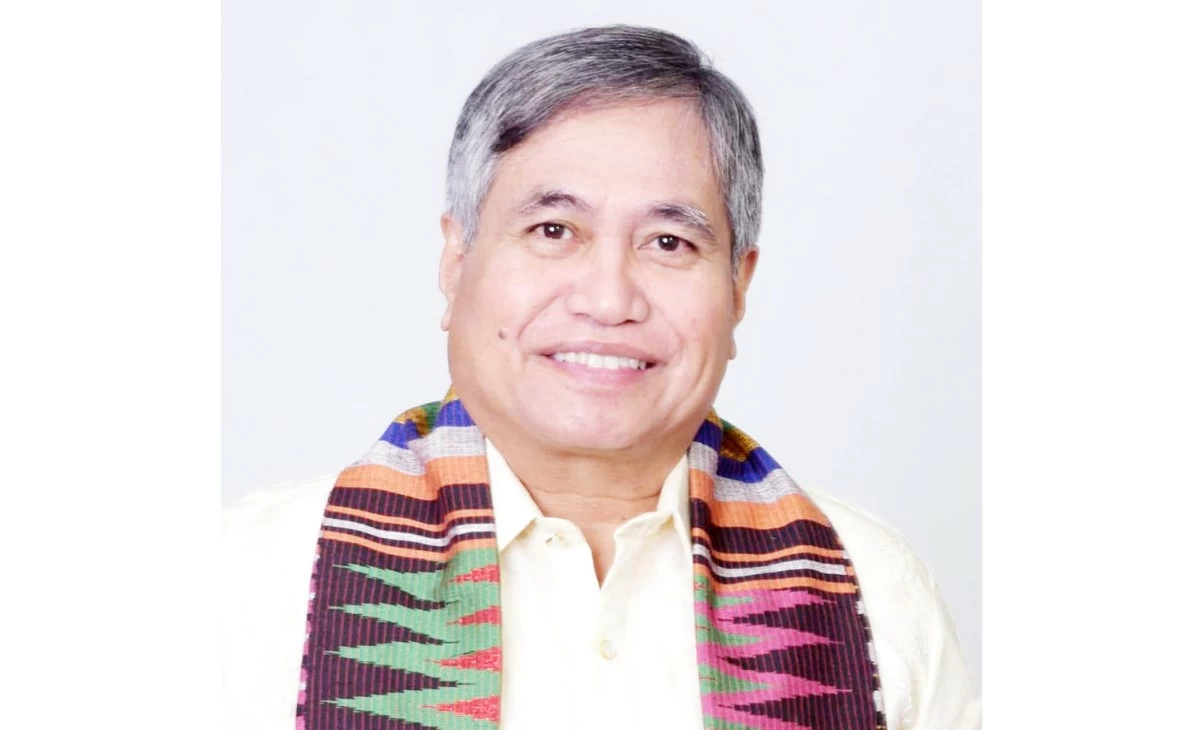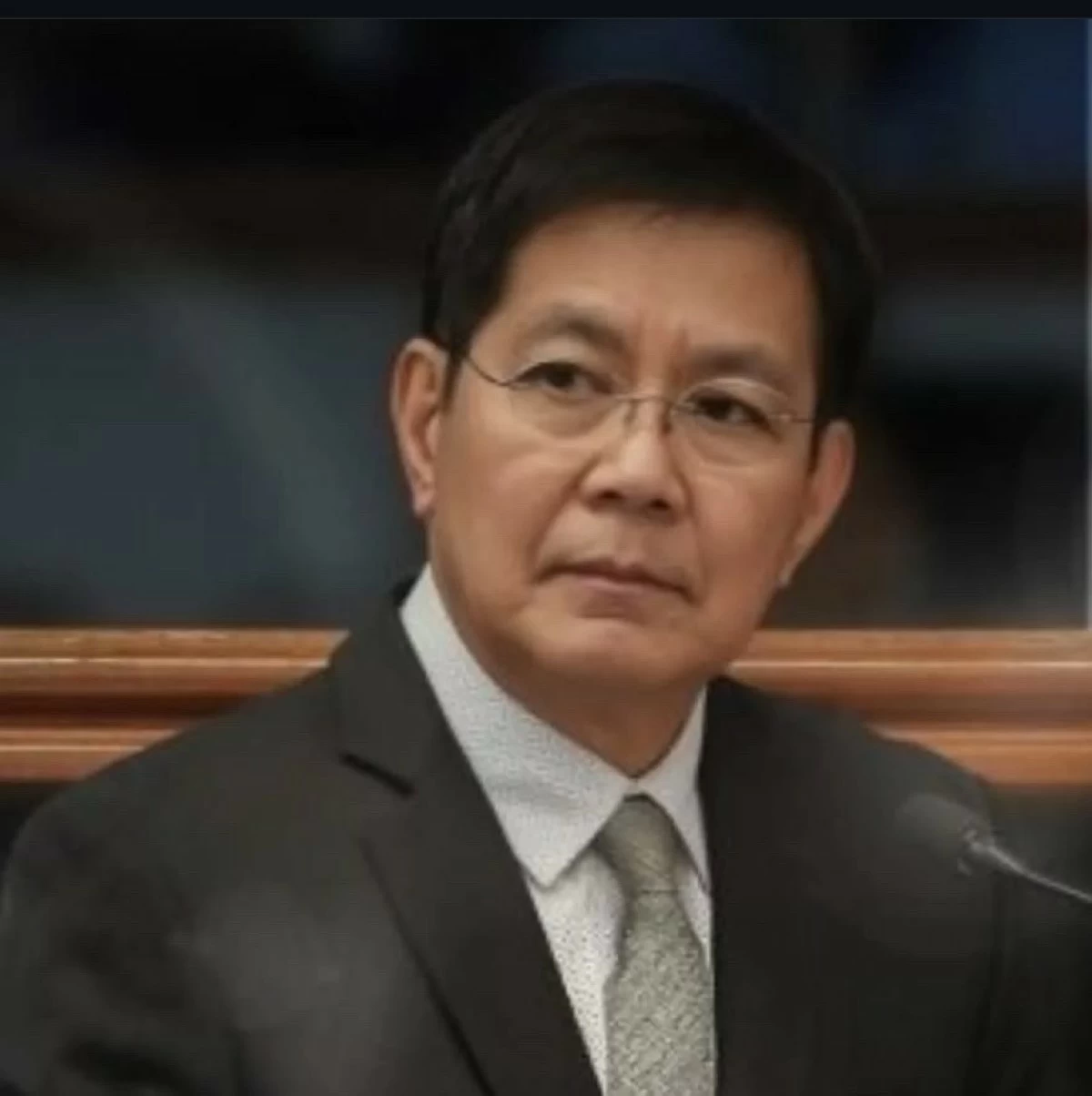
Upgrade to High-Speed Internet for only ₱1499/month!
Enjoy up to 100 Mbps fiber broadband, perfect for browsing, streaming, and gaming.
Visit Suniway.ph to learn

FROM THE MARGINS
In recent weeks, a series of typhoons, along with the southwest monsoon, battered the Philippines, leaving a trail of devastation across many regions. Over six million Filipinos were affected, while infrastructure and agricultural losses reached billions.
For many families, recovery is uncertain. But for one sari-sari store owner in Laguna, a microinsurance payout arrived just three days after the storm. That modest but timely support helped her reopen her store and resume earning a living — a reminder that in times of crisis, even small safety nets can make a big difference.
In a country that experiences more than 20 typhoons a year, this painful reality is not new. But each storm underscores a critical need: access to financial protection for the poor and most vulnerable. One solution is proving effective — mutual microinsurance.
This was the central theme of a high-level “Peer-to-Peer Exchange for Insurance Regulators” held last July 28–30, jointly organized by the United Nations Development Programme (UNDP) Regional Office in Bangkok and the Philippines’ Insurance Commission. The three-day regional learning exchange brought together regulators and development partners from Bangladesh, Vietnam, and Thailand to learn from our experience in advancing microinsurance through mutuals, particularly the model developed by the Center for Agriculture and Rural Development Mutual Benefit Association (CARD MBA).
Community-led, policy-supported
Unlike conventional insurance, mutual microinsurance is built by and for the community. Members pool resources to cover risks together, often with minimal premiums. This approach is especially suited to low-income, rural populations that are underserved by commercial insurers.
In the Philippines, the mutual model has thrived thanks to supportive regulation and pioneering institutions like RIMANSI/MiMAP (Microinsurance MBAs Association of the Philippines), a network of microinsurers whose members collectively insure more than 29 million lives.
At the event’s opening session, Insurance Commissioner Reynaldo Regalado emphasized the importance of cross-country collaboration and knowledge-sharing to strengthen inclusive insurance ecosystems. In response, UNDP Philippines Deputy Regional Representative Edwine Carrie reaffirmed the agency’s commitment to resilience-building through financial inclusion.
Insurance and risk finance
The dialogue was led by Ms. Diana Almoro, Asia-Pacific Regional Head of UNDP’s Insurance and Risk Finance Facility (IRFF) — a flagship initiative operating in over 30 countries. The IRFF works with governments, businesses, and development organizations to promote the Sustainable Development Goals (SDGs) and use insurance and risk finance tools to build resilience across communities and businesses.
Peer-to-peer learning is a cornerstone of IRFF’s strategy, enabling countries to co-develop solutions based on shared challenges and innovations. The Philippines was showcased as a model for how inclusive insurance can be expanded through policy, partnerships, and grassroots engagement.
MBAs at the forefront
Presentations by Microinsurance Division Manager Czarina Nepomuceno and Supervising Insurance Specialist Wilma Conde of the Insurance Commission explained how pro-poor regulations enabled microinsurance MBAs to operate effectively. According to them, innovations in product design, focusing on affordability and relevance, helped extend microinsurance coverage to millions of low-income Filipinos.
MBAs were highlighted as particularly effective because of four factors:
1. Access: Deep community roots allow MBAs to reach underserved populations.
2. Affordability: Pooled resources and minimal administrative costs keep premiums low.
3. Participation: Member-driven structures create tailor-fit products.
4. Sustainability: Built on solidarity and trust, MBAs enjoy strong retention and financial stability.
Field exposure
The learning exchange included field visits. Participants observed the operations of CARD Pioneer Microinsurance, Inc. (CPMI), a joint venture that delivers disaster, health, and property insurance at scale through microfinance channels.
The group also visited CARD MBA’s headquarters in San Pablo City, Laguna. Led by CARD MBA CEO Joy Dequito and RIMANSI/MiMAP Executive Director Junjay Perez, the visit showcased the MBA’s integrated operations, strong governance, affordable products, and quick claims processing — often within one to three days. Microinsurance volunteer coordinators elected by their peers help ensure services remain relevant and accessible.
Adapting the model
On the final day, participants reflected on how the mutual microinsurance model could be replicated in their own countries. Key takeaways included: (a) engaging communities in product design and delivery; (b) regulatory flexibility to encourage innovation; (c) leveraging digital tools to scale operations; and (d) promoting public-private partnerships to reach scale and sustainability.
This regional dialogue affirmed that inclusive insurance is achievable through collaborative efforts among governments, regulators, insurers, and development partners. The Philippine experience offers a compelling blueprint for other countries in Asia-Pacific aiming to build resilient, inclusive, and people-centered insurance ecosystems. Its success lies in treating the poor not as passive beneficiaries, but as active co-owners of systems developed for their protection.
As microinsurance continues to evolve, platforms like this UNDP-led exchange play a vital role in fostering innovation, sharing practical knowledge, and building a regional community that protects the most vulnerable. As I told a fellow participant at the forum: “This isn’t just about protecting lives — it’s about protecting futures.”
* * *
“Microinsurance is important for the developing world in a very fundamental way.” – Lisa Morgan
(Dr. Jaime Aristotle B. Alip is a poverty eradication advocate. He is the founder of the Center for Agriculture and Rural Development Mutually-Reinforcing Institutions (CARD MRI), a group of 23 organizations that provide social development services to eight million economically-disadvantaged Filipinos and insure more than 27 million nationwide.)




